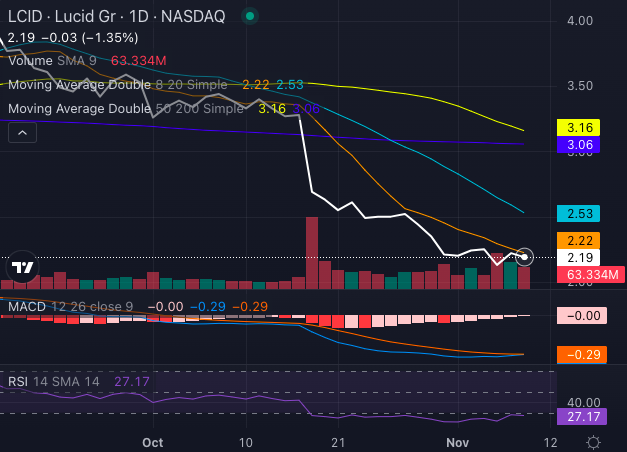A Critical Crossroads for Fosun Tourism
Fosun International, the parent company of Fosun Tourism Group, is contemplating a significant move. Reports suggest that the conglomerate is exploring the sale of its two key assets within Fosun Tourism to alleviate its substantial debt burden. This potential divestment could have profound implications for Fosun Tourism, a company dominantly owned by Fosun International.
The Challenging Path Ahead
Debt versus investments – a timeless dilemma for conglomerates. In the case of Fosun International, debt appears to be the prevailing concern. The consideration to offload the Atlantis Sanya mega-resort in Hainan and part of the esteemed Club Med resort chain underscores the shift in priorities within Fosun’s tourism portfolio.
While Fosun had previously maintained its tourism segment as a core area for investment, recent developments suggest a departure from this stance. The potential sale of these prized assets raises questions about the future direction of Fosun Tourism, signaling a pivotal moment for the company.
Surviving the Conglomerate Tide
Amidst the collapse of fellow conglomerates such as HNA and Anbang, Fosun stands as a resilient figure in China’s corporate landscape. Fosun’s prudent management practices have shielded it from the financial turmoil that befell its counterparts. Strong ties with the Shanghai government have also bolstered Fosun’s stability.
As Fosun navigates its financial challenges, the company is eyeing strategic buyers for the Atlantis resort, including state-owned enterprises and affluent Middle Eastern investors. Such partnerships could provide the necessary lifelines amidst the turbulent waters of debt obligation.
The Evolution of Fosun’s Strategy
Fosun’s debt load, reaching approximately $30 billion as of the previous year, has been a known specter looming over its operations. Previous plans to divest non-essential assets for debt reduction painted a picture of resilience. However, the shift in focus away from tourism in the latest reports hints at a recalibration of strategic priorities.
With the potential sale of key assets looming, the future landscape of Fosun Tourism remains uncertain. The company’s fate hangs in the balance, awaiting the outcome of these critical negotiations.
Fosun Tourism’s Potential Trajectory
Even in the wake of asset sales, Fosun Tourism may find a path forward. The company could persevere as a listed entity, albeit transformed without the Atlantis resort—a significant revenue contributor in recent financial reports.
Alternatively, Fosun International may opt for a more drastic approach, potentially dissolving the tourism unit to concentrate efforts on core business segments like Fosun Pharmaceuticals and Lanvin luxury goods.
Investor Response and Company Outlook
Following the revelation of potential asset sales, both Fosun International and Fosun Tourism witnessed a decline in their stock values. Market concerns over the parent company’s debt overshadowed the operational success of Fosun Tourism. Despite a favorable post-pandemic resurgence in the tourism sector, the companies faced downward pressure on their stock prices.
Nevertheless, Fosun Tourism remains financially robust, with positive business performance reflected in recent reports. Strong operational metrics underscore the company’s stability amidst the external financial challenges faced by its parent entity.
As Fosun contemplates its next move, the potential divestment of Atlantis and Club Med presents an opportunity to ease its debt burden. In a thriving tourism environment, these assets hold promise for profitable transactions if suitable buyers can be identified.



